The tragic death of George Floyd, Breonna Taylor, has led millions across the world to demand justice and a call for change within what many consider systemic racism. Police brutality has also been at the forefront protests since the peak in the early days of June. The outspoken cries for reform are thankfully starting to happen; many cities have banned chokeholds, police departments drastically defunded, Confederate monuments are being taken down, just to name a few.
Samora Pinderhughes has lent his voice towards calling for change within his music. In April, he released the EP Black Spring, a collection of songs that define flourishing energy of uprising. Pinderhughes showcases stories centering on the issues that we are all experiencing every day. “Kill War” voices the perspective of a soldier addressing the current administration. The youth of today living through the fluctuating climate surrounds “Blood.” One of the more substantial worded pieces of Black Spring is “For Those Lost, For Those Taken.” The song was written explicitly in honor and dedication to Sandra Bland, who’s confrontational 2015 traffic stop with Texas law enforcement ultimately led to her taking her own life. While the death of Bland officially was ruled a suicide, the treatment she endured from white police officers has been considered a crucial turning point within the Black Lives Matter movement.
Pinderhughes recently allowed us to catch up with him to talk more about the EP, his backstory, and more.
You started playing music at such a young age. What did your family recall to you about that time?
One story is about how I started playing: when I was age 2, I was in preschool playing with paints and a musician named Jackeline Rago came to the preschool. She was supposed to play a concert but the preschool teachers had forgot, so she said she would just go around to the classrooms and play. When she did that, I immediately dropped the paints and ran to her instrument and started to follow her around for the whole time. After that day she went to my parents and told them I should come to her classes at a venue called La Pena. She became my first teacher and my godmother.
My family also told me that the way I started playing the piano was that I was part of an ensemble as a percussionist at around age 6 or 7. One day in rehearsal, I stopped playing the drums, went to the piano, and started playing the bottom of the piano while the pianist was playing. And then I refused to go back to the drums. So I guess it was completely instinctual in both cases of starting an instrument, and I was lucky enough to have teachers that understood me rather than punishing me for being a crazy kid running at things.
Living in Cuba for some time drove you towards being a musician. What was about living there inspire you so much?
The first and most important thing that affected me living in Cuba was getting to be a part of the Santeria religion and traditions. I still practice, ever since then. Santeria is a religion and set of traditions originating in Nigeria with the Yoruba people, brought to Cuba during slavery and practiced there in secret by enslaved people. It is also practiced in Brazil and many other countries of the diaspora. The primary instruments involved are the voice and the bata drums. While in Cuba, I was given the opportunity to learn bata and play in many ceremonies. This completely shaped me from then on, especially in terms of how I connect music with spirituality, emotion, and the body and in terms of how I think about rhythm.
The other thing about living in Cuba was experiencing a place completely different from America, and a place where the purpose of music was completely different. It allowed me to see that music and art don’t only exist as a product within a capitalist world; it can be connected to everyday life and can have so many purposes.
I find your compassion and dedication to standing up towards injustice inspiring. What led you to voice your concerns? Was there an instance that you were witness to?
I was lucky enough to grow up in a household where that was just natural. I was named after Samora Machel, who was the leader of the liberation army in Mozambique against the Portuguese colonizers and became the first democratically elected President of the country. One of the original Pan-African leaders, alongside Patrice Lumumba, Maurice Bishop, Kwame Nkrumah, and others. So that is my example even more than musicians. I’ve also always been able to surround myself with organizers and people who are dedicated to fighting for the rights of the oppressed. This is something I hope more artists continue to do – to follow the leads of those who work every day to solve the questions that are posed by what our society does to people.
In terms of this EP, the flashpoints that affected these songs are: The murder of Sandra Bland by police/prison officials in Texas, Lhasa de Sela’s song “Soon This Space Will Be Too Small”, Naomi Klein’s book The Shock Doctrine, Bob Dylan’s song “Masters of War”, the current oppression being created by the Trump administration, and increasingly fascist right-wing leaders around the world
Being a musician, do you feel that there’s a certain level of importance of giving a voice for those who can’t?
The voices I feel most connected to, to be honest, are those in the spirit world. I feel compelled to write a song like “For Those Lost, For Those Taken” because I connected with Sandra Bland’s spirit. And also why I wanted to sample Lhasa de Sela’s song and have her voice on the track “Blood.” I feel very connected to the voices of those who have passed on. In terms of those who still exist with me physically, I just want to speak with or alongside them.
Have you had anyone who has come to you and suggested that you should back down from being so vocal about the apparent disconnection with several topics we are facing?
Yes, there have been times where I’ve gotten the message of “tone it down” or “maybe don’t speak about that or be so strong about that right now.” Studying things, I’m aware of how things work and how it’s easier sometimes to have certain opportunities if you don’t speak out against certain injustices or certain corporations. I have to tell the truth and say what’s really on my mind.
What was the experience like when recording the EP for you?
It was a beautiful and painful experience at the same time. Some of the songs have been around for a while – For Those Lost was something I wrote in 2017 – and I recorded it a million times and played it live a million times and just had to get it right. And then a song like Kill War just came through more quickly – I was writing the song at my house and heard sirens while writing it, and recorded those sirens on my phone and those same sirens unlocked the whole sonics of the second half of the recording. We recorded that song to tape in one take also, so that was a powerful experience. I am lucky to have two of my best friends working by my side so that helps – Jack DeBoe produced and mixed the whole project, and Jesse Sachs, my manager, helped me work out the concept around it. I’m especially proud of the production and composition of Blood.
When I listen to the tracks, there is a heavy weight that carries them from start to finish. Would you agree?
Yes, I would agree. I just wanted to be honest about the heaviness that so many of us are feeling. I know that a lot of music is about distracting us from feeling that heaviness – but I also think it’s really important to acknowledge it.
There is a great blend of soul and hip hop with the songs. Who were some of the artists that you were listening to prior to the writing and recording?
Yes! I listened to a lot of Nina Simone, which influenced the piano parts on the project. So many people don’t acknowledge how incredible she is as a pianist. I listened to a lot of Marvin Gaye as I always do – and that era of singers making albums about the times they were in – Curtis Mayfield! Sly and the Family Stone. I was also listening to early ‘work songs’ from the 1900s, including songs that were sung by those incarcerated at Angola Prison in Louisiana. Some of the deepest and truest music I’ve ever heard. So that influenced me a lot. And then lastly, I would definitely say Jack & I were checking out today’s era of producers as well, especially their drum patterns. Always trying to learn.
Do you still feel that you are trying to find your voice, even with the many talented artists you have?
Yes totally! I am always working on digging deeper into what my voice is, and I feel like I am just at the beginning of understanding what is possible. I’ve been playing piano for twenty years but I just really started singing a couple of years ago, and never took lessons, so I’m just starting to have time to work on things in that way. I’m always studying great lyricists, writers, and poets, trying to learn from them. And as I continue to change and discover things about myself, I’m always trying to reflect that in my writing process. I never want to stay stuck in one place doing one thing.
Could you talk more about Blackout for Human Rights, please?
Blackout is an amazing collective of artists and organizers. I came in after it had already been started; it was created in the aftermath of the murder of Trayvon Martin. It is a collective, meaning there’s no hierarchy; we just talk and work together. We put together particular events that use art to highlight injustices we see and do what we can to fight those injustices. This started with Blackout Black Friday, which focused on boycotting Black Friday’s corporatism in favor of supporting local businesses and understanding our collective economic power. Then we did Justice for Flint, where we put on a concert and raised money for organizations in Flint during the onset of the injustice there. The decisions of the governor and corporations led to the poisoning of Flint water with lead.
You are currently studying under your mentor Vijay Iyer. What have been some of the biggest takeaways learning from him?
Vijay is an amazing mentor, and somebody who I feel has looked out for me. He’s just crazy smart and he’s always studying and learning more, and at the same time he’s incredibly humble. Some big takeaways so far: you can always study more and go deeper; less can be a better choice than more sometimes; allow the particular ways you approach your instrument physically to affect and bleed into your compositional process; past and future can be shattered through echo; write things based on what you want to work on and what questions you want to ask.
You are set to headline at Carnegie Hall next year. What are your feelings and thoughts about the show today? I assume that the excitement is only going to intensify as it gets closer.
The Carnegie Hall headlining show is a big deal for me. I think about my idols that played there, broke down barriers, and made important recordings there – Duke Ellington, Nina Simone, and the late great Bill Withers. At the moment, today, to be honest, my thoughts about the show are affected by the current pandemic situation. It’s hard to think about a physical show without being worried about when we’ll all be able to do shows again, whether the environment will be different, and all that. Most of all, I just want people to be healthy. But I’m working on the project that we plan to premiere at the Carnegie Hall show, and I’m really really excited about it.
What can we expect from you in the upcoming future?
I feel like I’m just getting started. I have so much music and art that I’m working on and making and excited to share. In the immediate future, after this EP, I have two new visuals dropping in May for Mental Health Awareness Month, as well as a new song which is my favorite that I’ve ever written. And Jack and I are finishing up our first album in our project VENUS, which will also be out this year. In addition to that, I already have another album’s worth of music written, and working on the new project for Carnegie. And I always am excited about possible collaborations and things that will bring me new challenges. There is always more to do and more to create.


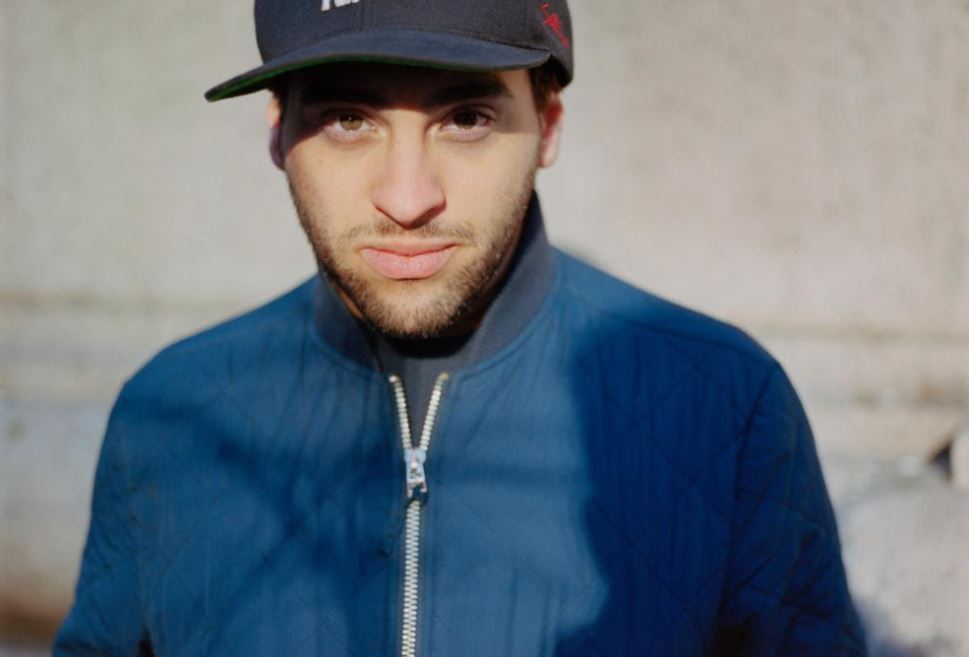
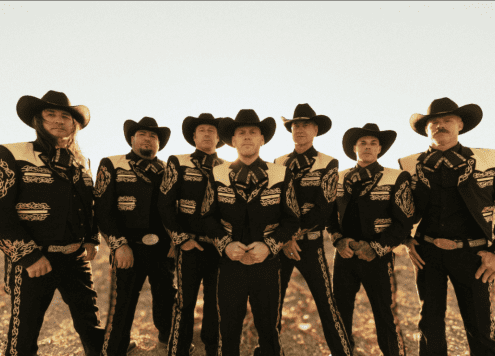
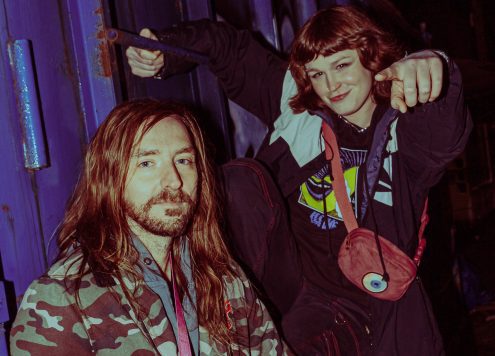
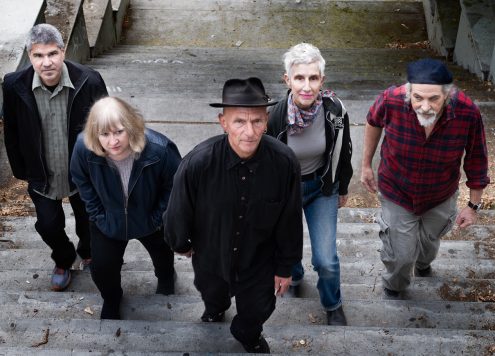
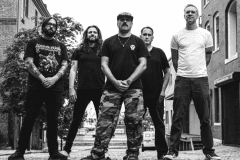
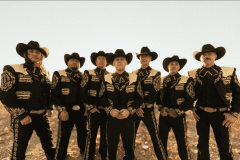
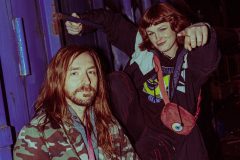
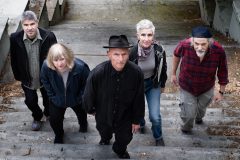

Social Media